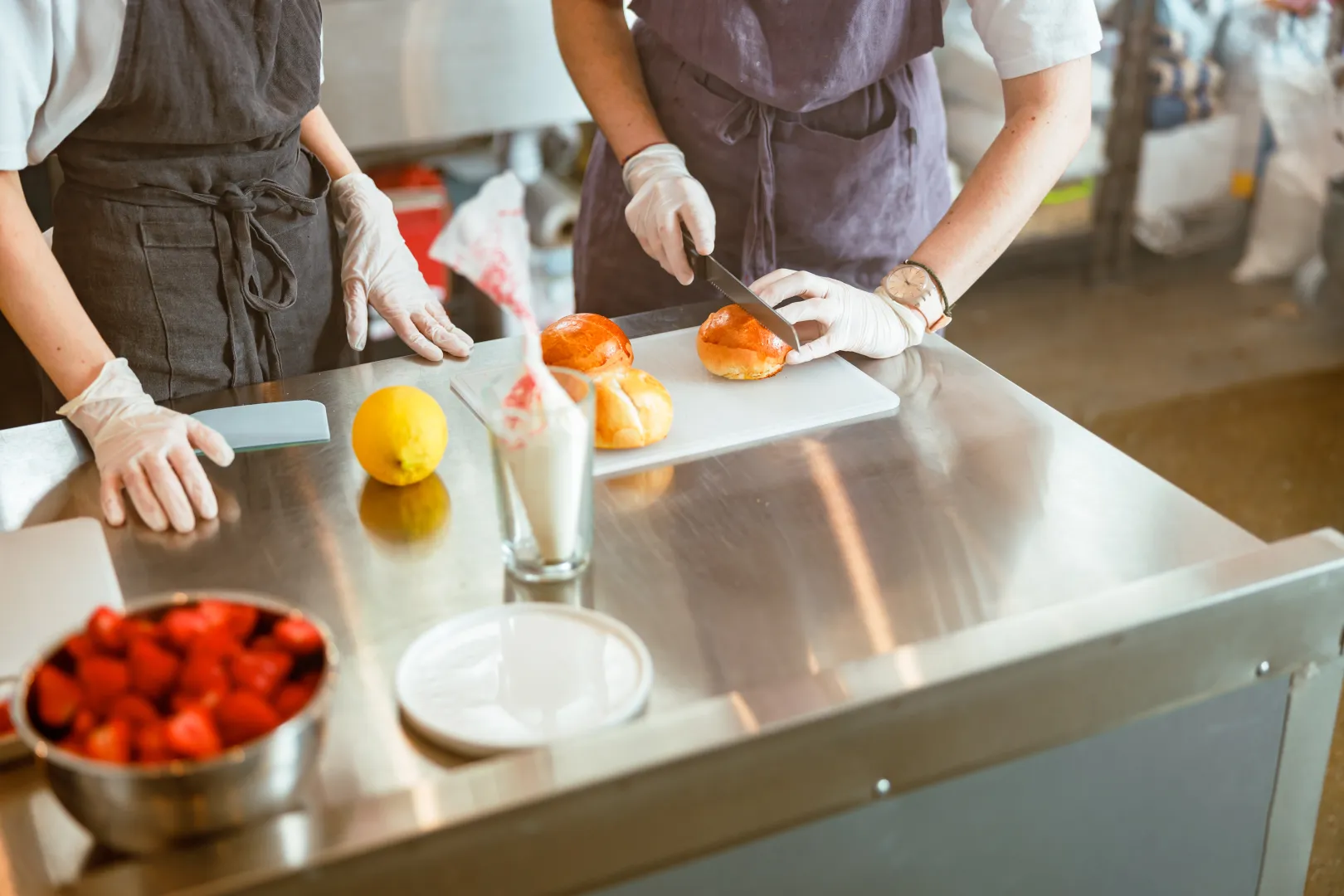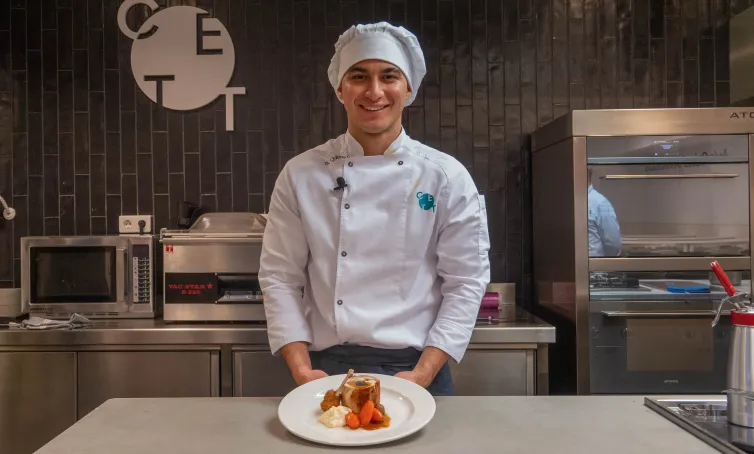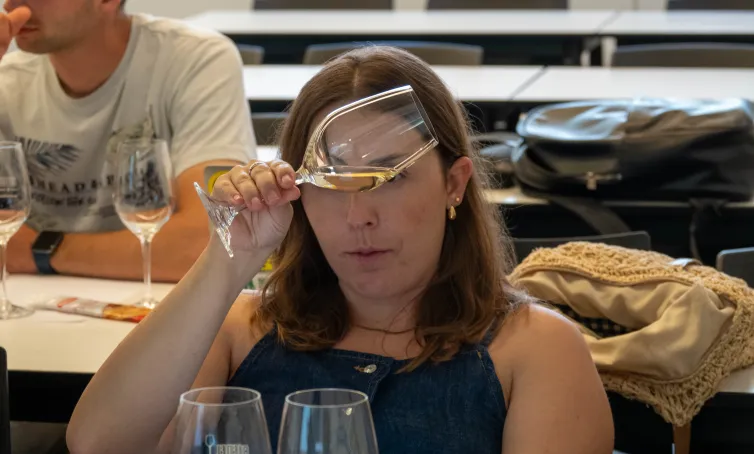"Working in a kitchen: salaries, hours, and what to really expect from the profession"

The world of professional cooking is exciting, creative, and full of opportunities, but it also demands discipline, physical effort, and a mindset focused on continuous growth. Those considering a career in this field need a clear understanding of how salaries, schedules, and work dynamics function in hotel kitchens, restaurants, and other gastronomic spaces.
Salaries in the kitchen: how much you really earn
Salary evolution in the kitchen depends on experience, the type of establishment, and professional category. In the early years, salaries tend to be more modest, but there is rapid progression for those who demonstrate a positive attitude, consistency, and the ability to take on responsibility.
A kitchen assistant typically earns between €17,000 and €20,000 gross per year, while a more experienced cook can reach figures between €20,000 and €25,000. From there, the growth is exponential: sous-chefs earn around €25,000–€30,000, and head chefs can easily earn between €35,000 and €60,000 annually, especially in gastronomic restaurants and high-end hotels.
*Source: Prosfy and Jobted
Beyond salary, professionals agree that cooking is a vocational career, where passion, the working environment, and continuous learning offer a value that goes far beyond the monthly paycheck.
Working hours in the kitchen: the most demanding aspect of the profession
Working in the kitchen means adapting to intense rhythms and unique schedules. Split shifts are common, with a prep session in the morning and the main service at lunchtime or dinner. In high-end or high-volume restaurants, the demands increase: long shifts, back-to-back services, and constant responsibility.
Even so, the sector is undergoing significant change. More and more restaurants are implementing work-life balance models such as rotating shifts, four-day work weeks, intensive hours, and fewer services. Hotels, for example, tend to offer more stable dynamics than independent restaurants and usually provide greater scheduling predictability.
Despite the intensity, many chefs point out that the pace of the kitchen creates a unique energy and a sense of teamwork that is hard to find in other jobs.
The reality of day-to-day life: effort, technique, and professional growth
Working in a kitchen combines technical precision, creativity, and resilience. A professional kitchen is an environment where every minute counts, where order and cleanliness are essential, and where the ability to work under pressure becomes crucial.
However, it is also a profession with enormous potential for development. As chefs gain experience, they can specialize in areas such as pastry, international cuisine, sustainable gastronomy, culinary research, wine service, or restaurant management. Opportunities are broad and allow professionals to shape a career that suits their ambitions.
Moreover, today’s gastronomic landscape values continuous learning, innovation, and mastery of modern techniques more than ever, making this profession an ongoing learning journey.
Employability: a sector with high demand for professionals
Gastronomy and food service are among the sectors with the highest employability in Spain. Hotels, restaurants, catering companies, institutional food services, and modern food service firms are constantly seeking qualified professionals.
Students trained at institutions like CETT gain access to internships in high-level environments and benefit from a professional network that supports their entry into the job market. Demand is not limited to large cities: tourist areas, hotel chains, event companies, and independent restaurants all require staff with technical training and a professional attitude.
New Professional Areas and Emerging Profiles in Gastronomy
In addition to the best-known roles in the kitchen or dining room, the gastronomy sector offers a growing range of specialized professions. Areas such as culinary R&D, gastronomic marketing, collective catering management, gastronomic consulting, and innovation in foodtech are gaining prominence and demand profiles with technical training, creativity, and strategic vision.
Training centers like CETT prepare students for these new needs, facilitating their access to companies looking for professionals capable of bringing value beyond traditional restaurant settings.
Essential tips for those starting out in the kitchen
The first step to working successfully in a kitchen is understanding that this profession is based on consistency and attitude. Having a solid technical foundation is important, but even more so is maintaining an open mindset, making the most of every learning opportunity, and being able to collaborate as a team.
The mise en place — the preparation before service — is the key to daily performance. It is also essential to learn how to organize spaces, standardize processes, and always work with cleanliness and precision. Observing the station chefs, asking questions, taking notes, and practicing constantly are habits that make a difference.
Finally, taking care of both physical and emotional health is essential. The kitchen is demanding, but it is also an environment full of camaraderie, creativity, and personal satisfaction.
Working in a kitchen means embarking on a vibrant, demanding profession full of opportunities. Those who are passionate about creating, improving, and learning will find in gastronomy a stimulating and ever-evolving career path. With solid training and a positive attitude, this is one of the professions with the greatest future prospects in the coming years.
Below you’ll find the different CETT training areas where you can deepen your knowledge in the field of culinary arts and gastronomy:
- Technician in Culinary Arts, Gastronomy, and Pastry
- Technician in Culinary Arts, Gastronomy, and Restaurant Services
- Higher Technician in Culinary Management
- Higher Technician in Restaurant Service Management
- Higher Technician in Restaurant Service Management
- Bachelor's Degree in Culinary and Gastronomic Sciences
- Bachelor's Degree in Design for Food Systems
- Master's Degree in Hotel and Food & Beverage Management
- Master's Degree in Sommelier
- Training for a professionals in Cuisine and Gastronomy



